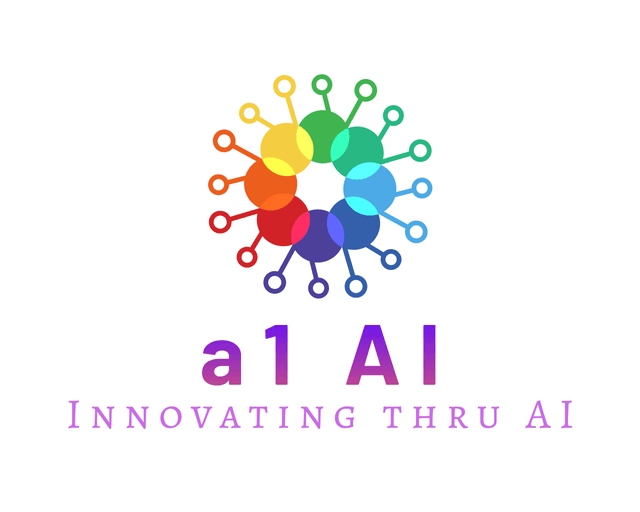Cloud Security
Introduction to Cloud Security:
Cloud security plays a pivotal role in today's digital landscape. As businesses increasingly rely on cloud computing to store data and run applications, it becomes crucial to implement robust security measures to protect sensitive information. Cloud security encompasses a range of practices, technologies, and policies designed to safeguard data, applications, and infrastructure in cloud environments. By prioritizing cloud security, organizations can mitigate risks, ensure data privacy, and enhance overall cybersecurity..Benefits of Cloud Security:
Implementing strong cloud security measures brings numerous benefits to organizations. First and foremost, it helps protect sensitive data from unauthorized access and potential breaches. By encrypting data and implementing secure access controls, businesses can ensure the confidentiality and integrity of their information. Additionally, robust cloud security enhances trust among customers, as it demonstrates a commitment to protecting their data. It also reduces the risk of costly data breaches, which can lead to reputational damage and legal consequences. Ultimately, prioritizing cloud security strengthens the overall cybersecurity posture of an organization.Common Cloud Security Challenges:
Cloud security presents unique challenges that organizations must address. One of the main challenges is the risk of data breaches and unauthorized access. As data moves to the cloud, organizations must implement strong security measures to prevent unauthorized users from gaining access to sensitive information. Another challenge lies in the shared responsibility model between cloud service providers and customers. While providers are responsible for securing the underlying infrastructure, customers must secure their applications and data within the cloud environment. Understanding these challenges is crucial for implementing comprehensive security strategies.Cloud Security Best Practices:
To ensure effective cloud security, organizations should follow best practices. Start by implementing strong authentication mechanisms such as multi-factor authentication (MFA) to protect against unauthorized access. Encrypting data both at rest and in transit adds an extra layer of security. Regularly backing up data helps in case of data loss or system failures. Well-defined access controls, including user permissions and privileges, limit access to sensitive information. Conducting regular vulnerability assessments and penetration testing helps identify and address potential weaknesses. Finally, fostering security awareness among employees through training programs helps create a security-conscious culture.Compliance and Regulations:
Cloud security must align with industry-specific compliance standards and regulations. For instance, the General Data Protection Regulation (GDPR) sets guidelines for data privacy and protection in the European Union. Compliance with standards like the Payment Card Industry Data Security Standard (PCI DSS) is essential for organizations handling cardholder data. Additionally, certain industries have their own regulations and compliance requirements. Adhering to these standards ensures data integrity, confidentiality, and legal compliance, bolstering trust among customers.Cloud Security Tools and Technologies:
Various tools and technologies contribute to a robust cloud security framework. Firewall solutions monitor and control network traffic, protecting against unauthorized access. Intrusion detection/prevention systems (IDS/IPS) detect and respond to potential threats in real-time. Encryption mechanisms safeguard data from unauthorized disclosure. Security information and event management (SIEM) tools centralize log analysis, providing insights into potential security incidents. Identity and access management (IAM) solutions manage user access and privileges, reducing the risk of unauthorized actions. Implementing these tools and technologies enhances the overall security of cloud environments.Case Studies or Examples:
Real-world examples demonstrate the importance and effectiveness of cloud security measures. For instance, a multinational organization effectively prevented a data breach by implementing strong authentication mechanisms and encrypting sensitive data in the cloud. Another company successfully detected and thwarted a sophisticated cyber attack on their cloud infrastructure through the use of advanced intrusion detection systems and real-time monitoring. These examples highlight how proper cloud security measures can prevent or mitigate risks and protect valuable assets.
CONTACT DETAILS
Email: info@a1-ai.com
Phone: 636-248-0643
a1 AI , an EAIVision Company.
2007 - 2023 eAIvision LLC. All rights reserved
Technology Vision
Services
Consulting
Training
Technology Forum
